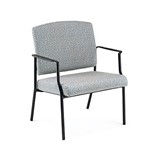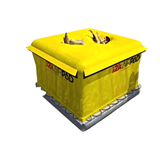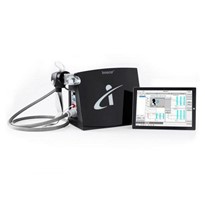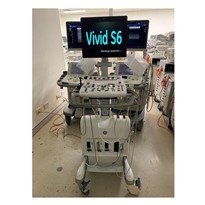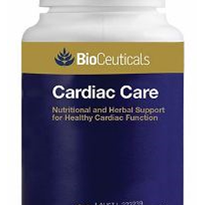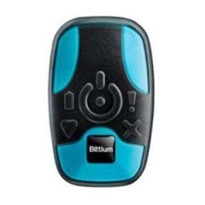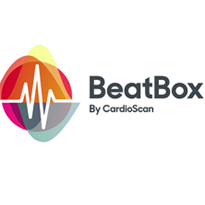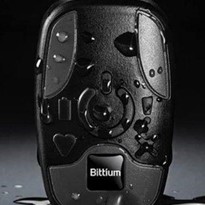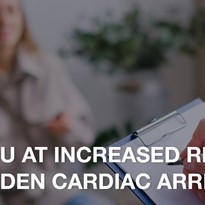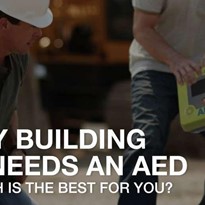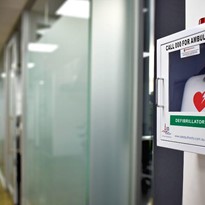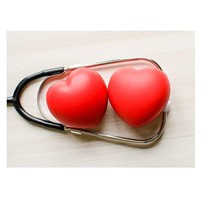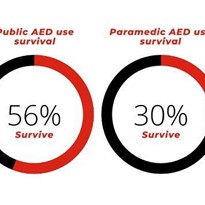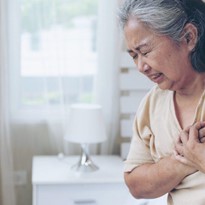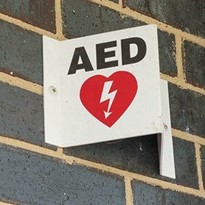What is sudden cardiac arrest?
Sudden cardiac arrest (SCA) is when your heart stops beating. It is one of the biggest killers of Australians under 50. Unlike a heart attack, where the heart may continue to beat and only the blood supply to the heart is compromised, SCA causes the heart to stop beating entirely. Because a sudden cardiac arrest results in an abrupt, unexpected loss of heart function, breathing and consciousness, blood circulation to the brain and other vital organs ceases instantly. If not responded to immediately, structural brain damage, or even death, can result in a matter of minutes.
What are the signs and symptoms of sudden cardiac arrest?
A cardiac arrest happens suddenly and rapidly. It often occurs with no warning. The person in cardiac arrest will:
- Collapse and fall to the ground
- Have no pulse
- Not breathe or breathe abnormally (gasp for air)
- Lose consciousness (not rousable, not aware of their surroundings and not responsive to talk or touch).
What to Do If You Witness Someone in Sudden Cardiac Arrest
Every minute counts when a person is in cardiac arrest, but they can be survived with appropriate help. The good news is anyone can help – you don’t have to be a trained paramedic -by acting quickly to restore the heartbeat with chest compressions and the use of a defibrillator. Any attempt at resuscitation is better than no attempt.
CPR performed by a bystander immediately after sudden cardiac arrest can double or triple a patient’s chance of survival. Using a defibrillator within the first minute of sudden cardiac arrest, can potentially bring the chance of survival rate up to 90%.
Should you witness anyone who you believe has just suffered from a SCA, you should take immediate action:
- Confirm the incident as an SCA. Watch for a sudden collapse or fainting. Someone who has just experienced sudden cardiac arrest will lose consciousness and fall to the ground. Check for a pulse and breathing while attempting to determine if the person is alert.
- Call Triple Zero (000). Once you determine the person has suffered an SCA, this should be your first priority. Immediate medical attention is crucial to their survival. If available, have another responder call 000 while you stay with the person.
- Push hard and fast in the centre of the chest to start CPR. Cardiopulmonary resuscitation (CPR) is the technique of chest compressions combined with rescue breathing. Early CPR saves lives. The Australian and New Zealand Committee on Resuscitation recommends that bystander CPR be actively encouraged.
- Locate an AED and use it. Many public places such as schools, shopping centres, community centres, airports, golf courses, fitness clubs and gyms are equipped with AEDs. Look for signs featuring a green heart with a white lightning bolt inside of it. The AED will verbally instruct you how to hook it up to the person so it can analyse their heartbeat and deliver a shock, as needed.




